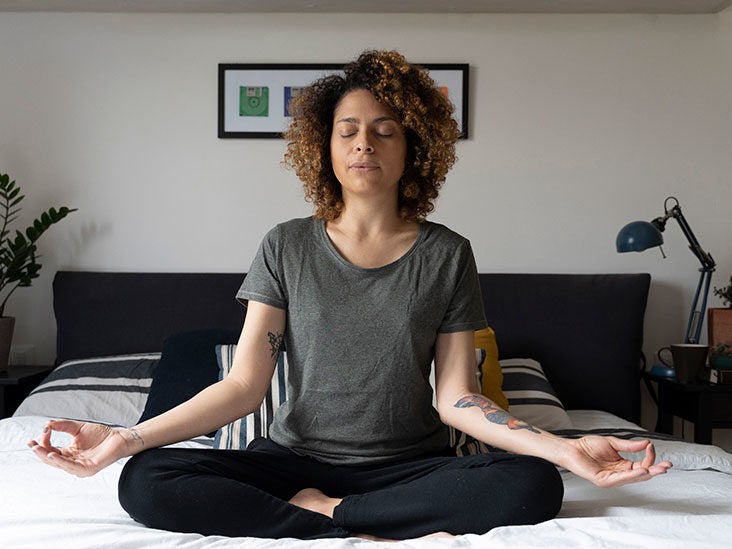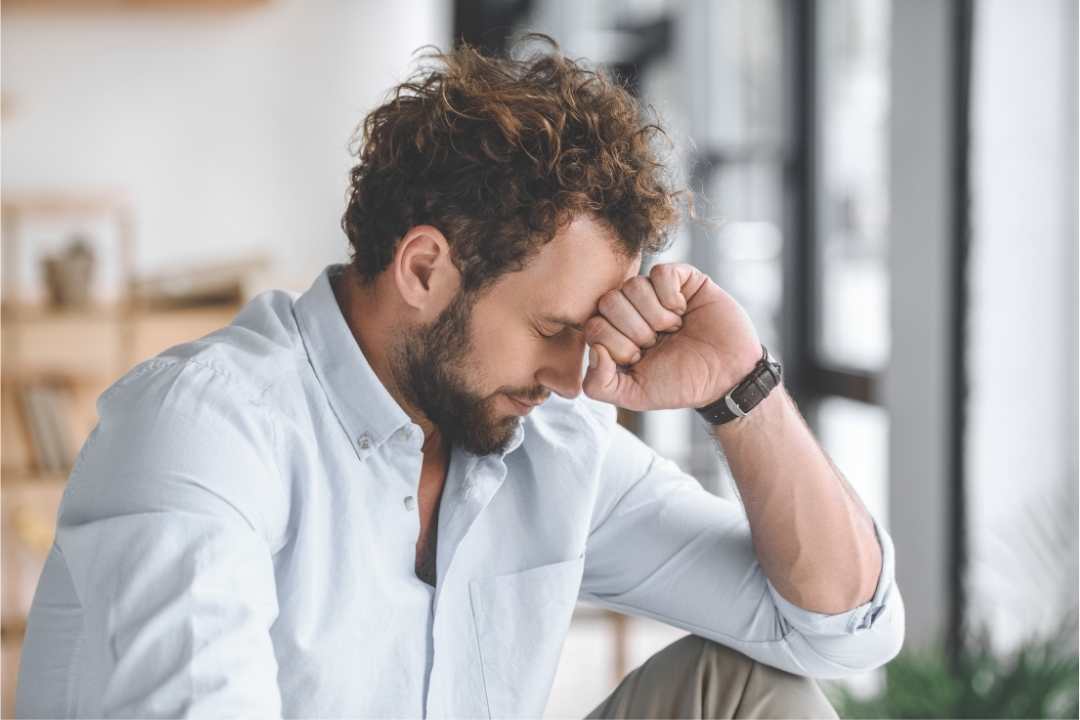It is normal to feel anxious and stressed at times. but if these feelings happen on a regular basis- then that could be alarming. If your anxiety is affecting your day to day activities, that’s when you need to do something about it, and consult a professional.

What is a good daily menu for a diabetic
Some of the symptoms of anxiety include
- Feeling anxious
- Feeling restless
- Increased heart rate
- Sweating
- Shivering
- Panic attacks
- A Sense of danger
These frequent feelings of anxiety, terror, and panic are unhealthy for you, it can stop you from performing better, from showing your full potential. Therefore you need to take a step in reducing your anxiety, in order to your mental health because only a healthy mind can function properly.
If you have anxiety disorder then consulting a therapist is necessary but there are also some strategies that can help you in coping with anxiety and stress. Let’s discuss some of them.
Exercise/Meditation
Exercise and meditation is a great way of releasing stress. Engaging in exercise can help you divert from the thing that is making you anxious. It can improve your mood and make you feel less worried. Moreover, meditation makes you relaxed, it will make you free of the jumbled thoughts you are experiencing. You will be mindful and calm after doing it. So both exercise and meditation are very effective for reducing anxiety.
Avoid Alcohol/Drugs
Alcohol, nicotine, and drugs can worsen your anxiety. They can change your brain chemistry, making you anxious. So you need to avoid these things, if you cannot do this consult a therapist that can help you quit this addiction.
Sleep Well
Sleep is very important to recharge your mind and body. If you are not having enough sleep then you will feel more anxious, and it will become difficult for you to perform during the day. Therefore it is necessary to have a good sleeping routine. You can use ways that can help you fall asleep earlier at night. Listening to music, reading books, and taking a hot bath can help you to sleep well at night.
Identify your triggers
You need to identify your triggers to improve your mental health, to reduce your anxiety. Because if you know your triggers, if you know what is making you anxious, only then you can work on those things. Practice the strategies that your therapist planned with you, in situations where you feel anxious.

Keep a journal
We all need to vent out our thoughts, our worries and journaling is the best thing to do so. You can keep a journal and write everything in it. You can write everything that happened in your day, everything that’s bothering you, all your insecurities, your weaknesses. This way it would be easy to organize your jumbled thoughts, identify your triggers and ultimately work on them.
Adopt healthy habits
It is important to adopt healthy habits, eat healthy and live healthily. Do things that you love: this could be drawing or painting or anything. Doing so will distract you from your worrisome thoughts, and stressors.
Final Words
Lastly, be kind to yourself. Everything takes time, your anxiety can not vanish in a single night but if you work on yourself, follow your therapist and practice different strategies then you can definitely get a control over it, it can reduce. But for that, you need to have patience and a lot of self-love.
Stay Healthy, Stay Happy!

